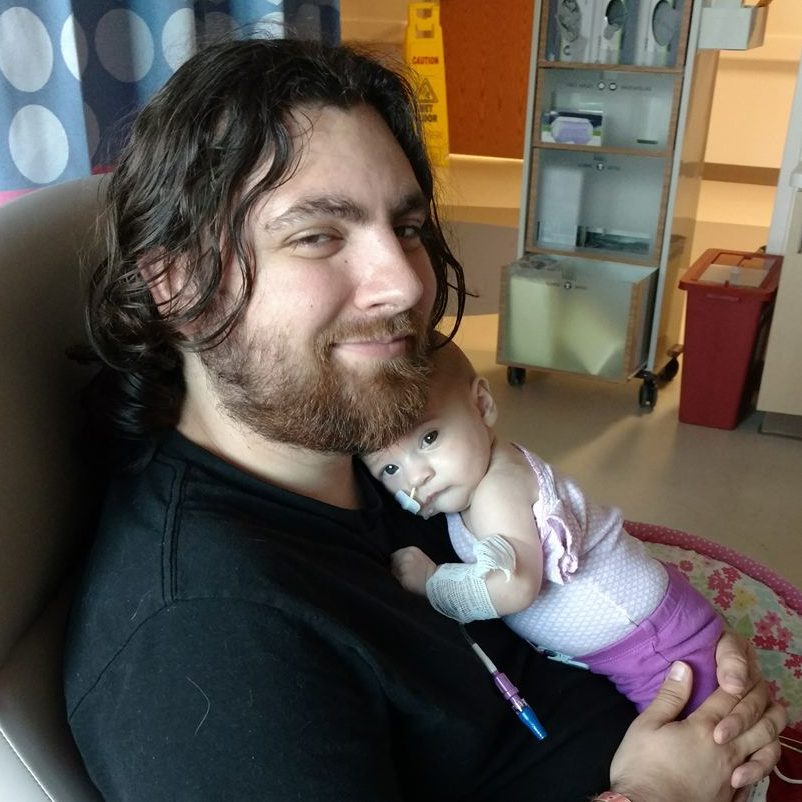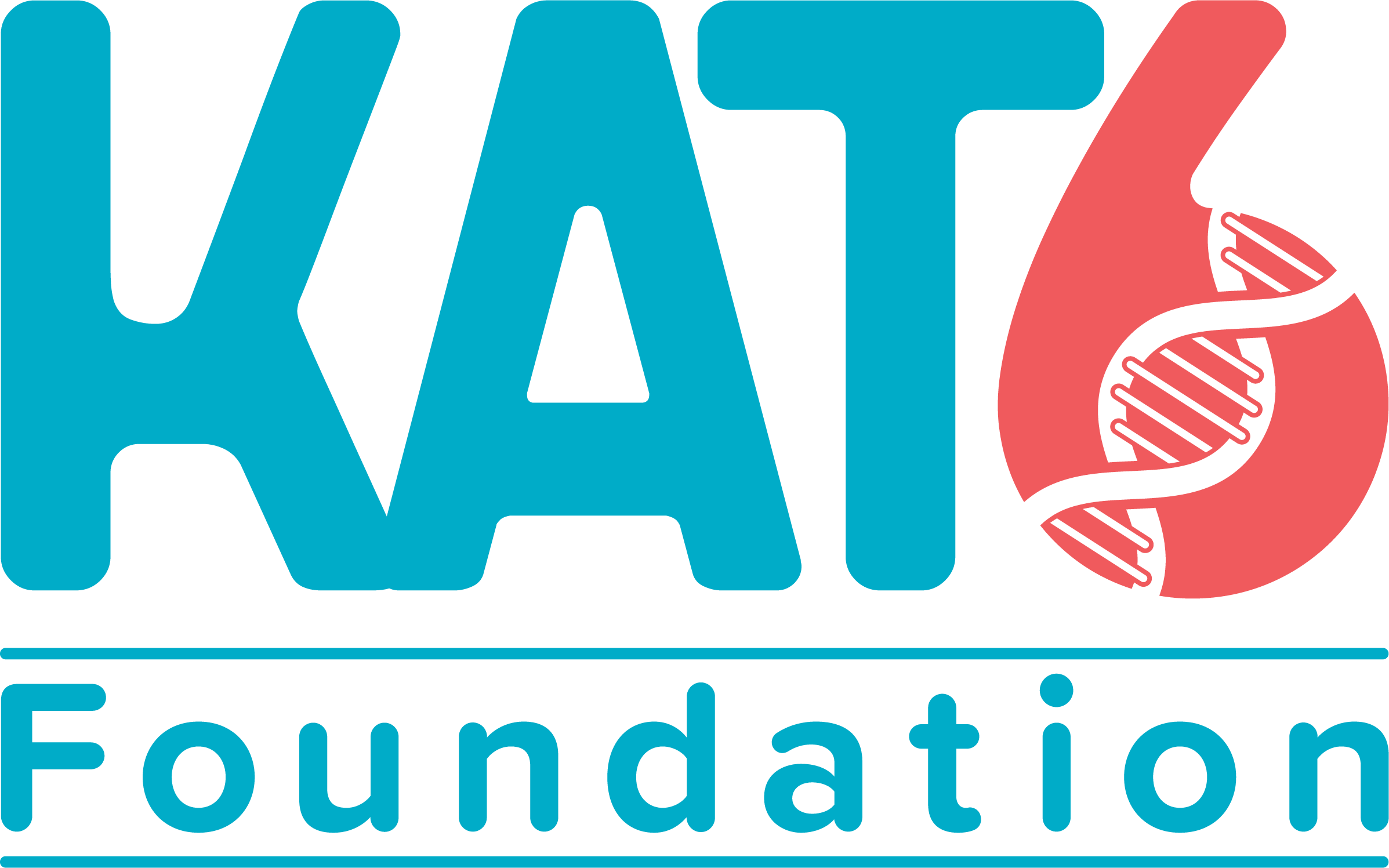
It’s a scene I’m very familiar with. The parents sit across from me, anxious and fidgety. Sometimes they cry, sometimes nervous giggles. Always fear. Confusion and concern for their child. As a psychiatric nurse, I know the parents are, by extension, secondary patients that I must also care for. I help calm them down as they try to rationalize their child’s attempt, or most recent self-harm. I reassure them that this isn’t the end of the world. There is hope for them and for their child. I help them come to grips with their loss of control. I explain the treatment, sometimes I can explain the behavior. Sometimes it is more normal than they realize. Patient care is something I’m fairly familiar with; it is easy to comfort from the outside looking in.
But then, it’s your own child…and everything is different.
You realize your hypocrisy. All those times you reassure and quiet their fears, only to spiral in panic as soon as you are placed in their shoes. There is a realization that hits in, how little control you have, and how truly helpless you are. You are simply a silent observer, through tear-stained glasses, forced to watch a tragic performance, deviating from a script you didn’t write.
Every lab draw was agony. Every IV and test broke me. Even the feeding tubes and consistent weight loss. Almost every procedure was something I had done before or observed. I never imagined during my training that I would see my own daughter submitted to the same. All of my experience and training was useless. Everything is different when the patient is your child.
I remember holding my precious girl’s little hands, listening to the doctor explain, again, how they didn’t know what to do. I prayed silently, hoping someone could hear me. So much uncertainty. Every test and every potential answer was a red herring. I didn’t know how much longer I would be able to refer to my daughter in the present tense. That question burned in my head every time I visited the NICU.
I finally interrupted the doctor to ask as bluntly as I dared. “Will my baby die?” The doctor replied through tears that she did not know. I left feeling nothing. I had no more tears to give and no strength to feel sorrow. I had to accept that my daughter would probably never come home.
That type of pain damages you. In some ways, you do not fully recover. It is almost as if part of your soul dies in that moment. I cannot begin to imagine the pain of actually losing your child. My daughter pulled through…but there is still a large scar in my heart. It will haunt me, forever.
It was so difficult to accept that my daughter would live. Almost more difficult than accepting that she wouldn’t. Answers came, and with them, solutions…but none of it felt real. It took a while for me to hope again. To let myself plan a future. To assume she would be OK.
I did, though. My daughter, diagnosed with KAT6A, is developmentally delayed…but healthy, living, and progressing. We are a part of a support group, and going to a clinic specifically for KAT6A in a couple weeks. Her story isn’t over.
At this point, I would love to end with a cheesy message of hope. But I have none. Only a message of pain. But pain can connect people, and strengthen bonds. Pain bares open our souls and reveals our truest self.
If you are reading this, you have likely experienced pain. Perhaps you, like me, have had to watch your loved one suffer. Just know that I, too, feel your pain. I do not understand it. Yours is unique to you, and I will never claim to know how you feel, but know you do not suffer alone. We all carry our own burdens, often too heavy to hold on our own. I share my pain with you. If it somehow resonates with you, please consider sharing your own pain. Allow us to share your suffering. You do not need to hurt alone.
-Tobias
